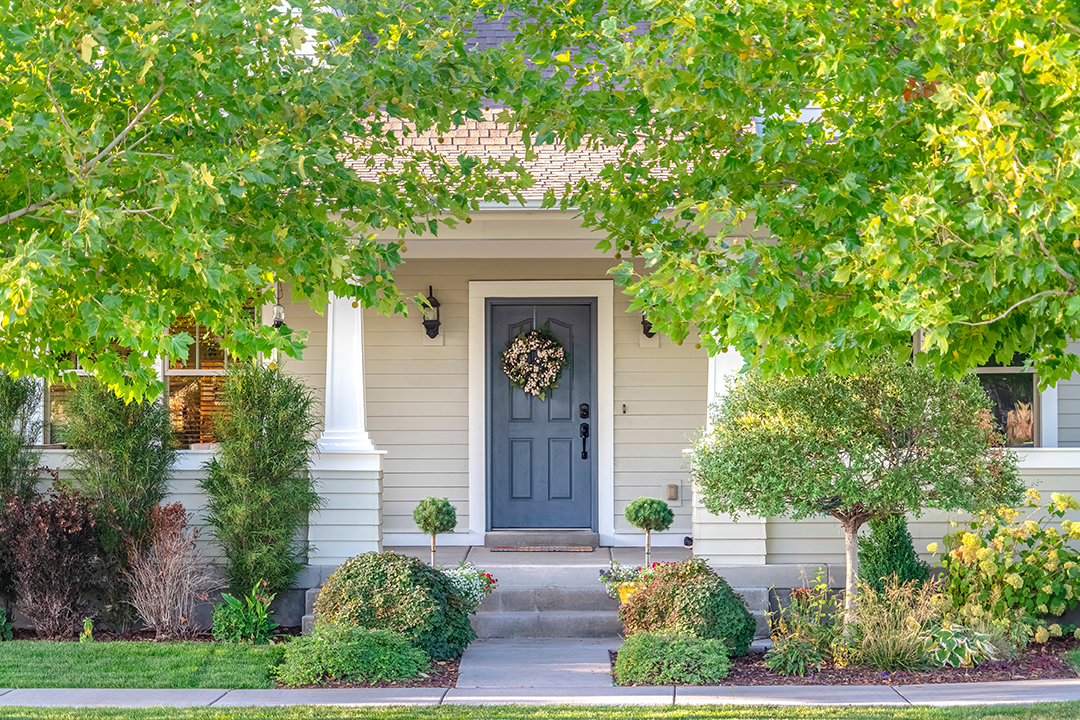
By Michaele Gantz, Mediator and Founder of Consenso Mediation
What is Divorce Mediation?
Divorce mediation is an alternative to traditional divorce litigation, designed to help couples reach agreements on key aspects of their separation without going to court. It involves working with a neutral third-party mediator who facilitates discussions on issues such as child custody, property division, and spousal support. The mediator’s role is not to make decisions but to guide both parties toward mutual agreements in a peaceful and productive way.
Mediation is particularly beneficial for couples seeking to avoid the emotional and financial toll of litigation. It gives the divorcing couple control over the outcome, rather than leaving these crucial decisions to a judge. This collaborative process allows both parties to address their concerns and come up with solutions that are acceptable to everyone involved, making it a faster, less expensive, and less contentious option than court.
What is Mediation in General?
Mediation is a conflict resolution method used in a variety of disputes, not just divorce. In general, it involves a mediator facilitating discussions between two or more parties to help them reach a voluntary agreement. The mediator remains neutral, helping the parties communicate more effectively and negotiate a settlement without making decisions for them.
Mediation is often preferred for its focus on collaboration rather than confrontation. It is commonly used in family disputes, workplace conflicts, business disagreements, and community issues. The goal is to find a solution that benefits everyone involved, rather than having a winner and a loser as in court battles.
Types of Mediation
Here are some common types of mediation:
Family Mediation: This goes beyond divorce and includes disputes related to elder care, sibling conflicts, or issues over estates. The mediator helps family members communicate and come to agreements that preserve relationships.
Workplace Mediation: When conflicts arise between employees or between employers and employees, workplace mediation helps resolve issues like grievances, conflicts over roles, or workplace behavior. This type of mediation aims to improve communication and preserve working relationships.
Business Mediation: In the business world, disputes can arise between partners, clients, or contractors. Mediation helps resolve disagreements related to contracts, partnerships, or business practices in a way that avoids litigation and preserves professional relationships.
Community Mediation: This type of mediation addresses neighborhood disputes, school conflicts, or any issue that affects a community. The goal is to foster cooperation and find peaceful solutions that keep the community functioning smoothly.
Elder Mediation: This type of mediation deals with disputes around elder care, such as disagreements over guardianship or care decisions. It’s designed to help families navigate difficult conversations and come to agreements that respect the needs and wishes of elderly family members.
How Can Michaele Gantz Help?
Michaele Gantz, a mediator at Consenso Mediation, specializes in helping divorcing couples work through their conflicts in a respectful and efficient way. With her experience in divorce mediation, she assists couples in resolving difficult issues like child custody, spousal support, and asset division without the stress of going to court.
Michaele’s approach is centered on open communication and mutual respect, which helps couples preserve their relationship, especially when co-parenting is involved. Beyond divorce mediation, she is also skilled in family and elder mediation, offering support to individuals dealing with complex family dynamics. Whether it’s guiding through a divorce or resolving family disputes, Gantz helps her clients find solutions that work for everyone involved.
Why Choose Mediation?
Mediation offers numerous advantages over litigation:
- Confidentiality: What is discussed in mediation stays private, unlike court cases, which are public.
- Control: Mediation allows both parties to decide the terms of their agreement rather than having a judge impose a decision.
- Cost: It is typically less expensive than court battles because it avoids lengthy legal procedures and high attorney fees.
- Time: Mediation is faster than litigation. The process is flexible, and the couple sets the pace based on their availability and needs.
- Relationship Preservation: Mediation encourages cooperation and open communication, which helps maintain a civil relationship, particularly important when children are involved.
Final Thoughts
Mediation, whether for divorce or other disputes, offers a collaborative, efficient way to resolve conflicts. It is less stressful, quicker, and more cost-effective than traditional litigation. Michaele Gantz and her mediation expertise can help you navigate difficult conversations and arrive at solutions that benefit everyone involved. Whether you’re facing a divorce or a family dispute, mediation can be the key to achieving a positive, long-term outcome.
Contact us today to learn more about how mediation can help you.







